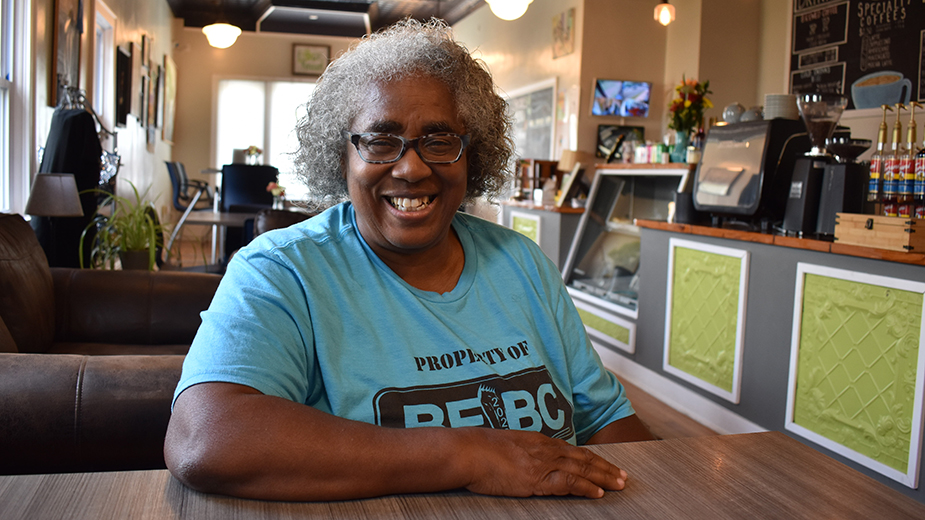YOUNGSTOWN, Ohio – During Anita Davis’s 36 years in the Youngstown Police Department, she says she encountered prejudice based on both her race and her gender.
The 6th ward city councilwoman calls her joining the police department a fluke.
“I needed a job,” Davis says.
She grew up on the South Side and earned a degree from Youngstown State University. While in college she was working at the local unemployment office and got laid off. To get unemployment benefits, she had to apply weekly for jobs.
“I heard about the [police] job from someone, I forget who, and picked up an application,” she says.
That was in 1978 and she became one of the few women in the department.
“We were the first women,” she says. “There were five of us and we got hired within two weeks of each other.”
Their hiring was a result of a lawsuit as well as a movement across the country to hire more female police officers.
She recalls treatment of the new officers as good and bad.
“One of things was the job assignments,” Davis says. “First of all, they acted like every woman knew how to type. So we got stuck at the desk a lot.”
That’s where calls came in. Because Davis knew how to type, she got stuck there a lot and she hated it. When she wasn’t on the desk, she worked the East Side.
“It was interesting because the White female officers, they didn’t work the East Side or the North Side because it was too rough,” Davis says.
But she and the other two female officers who were Black, got those assignments. That created resentments among the Black women who were assigned there as well as the White women who were not – both because of the accompanying presumptions.
The assumption was that Black women were better able to look out for themselves, Davis says.
“It was awhile before I got to work the West Side. Back then, Black officers, period, didn’t work the West Side,” Davis says of the area where mostly White residents lived at the time.
When Davis was assigned to the West Side, people complained that she was working there. She heard as much negative talk about being Black as being female.
When she was working the Brownlee Woods neighborhood, she remembers one time when she and her White male partner responded to a call. The resident said the White officer could come into the house, but Davis could not.
“My partner said, ‘Well, if she’s not coming in, neither am I. See ya.’ ”
Davis ran for council after she retired from the police department. She began her first term in 2016.
Pictured at top: Anita Davis became a police officer in 1978.
